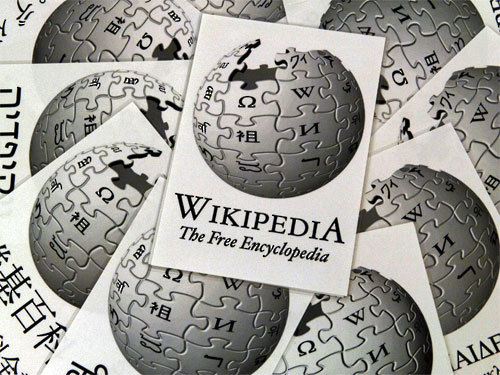
Credo Reference offers an alternative to Wikipedia. A search here will allow you to access articles from reputable Reference sources online for quick, accurate access to facts.
Wikipedia is a wildly popular, free online encyclopedia. The English language version contains over 2,000,000 articles. It has no print counterpart but there are plans to publish a one volume counterpart in Germany.
From its start in 2001, Wikipedia's content has been written and edited by the public. Anyone can create a free account and contribute new articles or edit existing articles for most articles. Recently an editorial layer has been added to entries on controversial topics. There are general guidelines all contributors are supposed to follow, such as writing from a neutral point of view, keeping content factual and citing sources. In theory, errors in articles will be spotted quickly by vigilant contributors who will correct the content.
Scholars have no special standing among Wikipedia contributors. Enthusiasts and amateurs are encouraged to write and edit articles.
Some articles on controversial topics have become battlegrounds. Other articles have been maliciously vandalized. In some cases, administrators have locked access to articles to protect Wikipedia from overtly biased or false information.
New or updated articles appear very quickly. Breaking news, from natural disasters to celebrities' activities, may be added to Wikipedia within hours of its occurrence.

Students (and faculty) use Wikipedia because it is quick, easy, and almost certain to have some information on any given topic.
Because of its user-created content and lack of scholarly review process, many faculty simply ban students from using Wikipedia as a source for course assignments. Should they?
Arguments against using Wikipedia
Arguments for using Wikipedia
Remember
To cite this LibGuide use the following templates:
APA: Northern Essex Community College Library. (Date updated). Title of page. Title of LibGuide. URL
MLA: Northern Essex Community College Library. "Title of Page." Title of LibGuide, Date updated, URL.